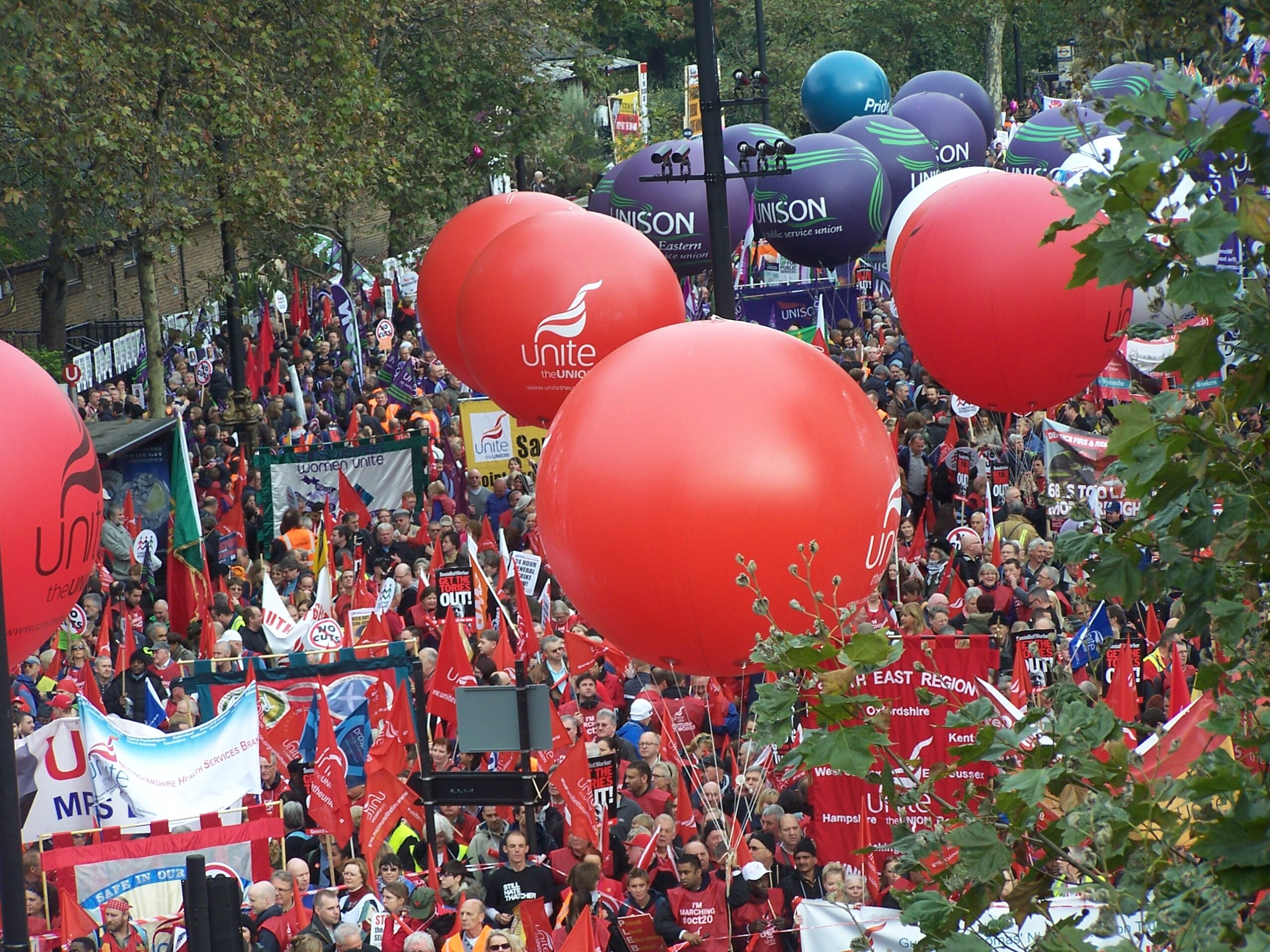Government’s pre-election budget
Osborne’s total eclipse
“The sun is starting to shine” crowed posh boy Tory Chancellor George Osborne in last week’s Budget. That’s certainly true for the super-rich and the big corporations who have coined in more wealth in the UK than some countries’ economies over the last five years. But for the living standards of the 99%, the rain hasn’t stopped pouring down since the ‘great recession’ began in 2008.
The collapse in oil prices, low inflation and upfront tax receipts, have given the government an unexpected £6 billion bonus.
But true to its capitalist nature, the Tory/Lib Dem coalition will be unrelenting in applying its vicious cuts on welfare and public services – slashing a further £30 billion from public spending while giving ‘big oil’ fat cats a massive £1.3 billion tax break.
Labour’s front bench response to Osborne’s budget measures was like a petulant child.
Instead of issuing a rally call to workers, the poor and dispossessed to fight the cuts; instead of offering long-suffering people in this country the hope of a better tomorrow, the two Eds (Miliband and Balls) moaned that they would’ve stopped austerity bashing slightly earlier than the Tories’ deadline of 2020.
That some trade union leaders continue to bung ‘austerity-lite’ Labour millions of pounds in political donations while union members are shafted by cuts-happy Labour councils, is a disgrace.
Whatever party or combination of establishment parties forms the next government, it’s abundantly clear to tens of millions of people that ‘the sun ain’t gonna shine anymore’, unless there is a fundamental change in the system.
That means organising within the trade unions coordinated action against the cuts, and building a socialist political alternative. Both tasks are being undertaken by the Socialist Party.
The Institute of Fiscal Studies says that the cuts up to 2018 will be “twice the size of any year’s cuts over this parliament”. £12 billion more are to be made in welfare alone, piling more misery on the poorest. Yet Osbourne hasn’t explained where the axe will fall.
The government has retreated on the planned surplus announced in the autumn statement for 2019-2020 from £23 billion down to £7 billion, reflecting the angry response they got to public spending being cut to 1930s levels. Even these plans are based on the expectation that there will be continued growth – not the most likely given the many factors in the world and British economies that could change that.









